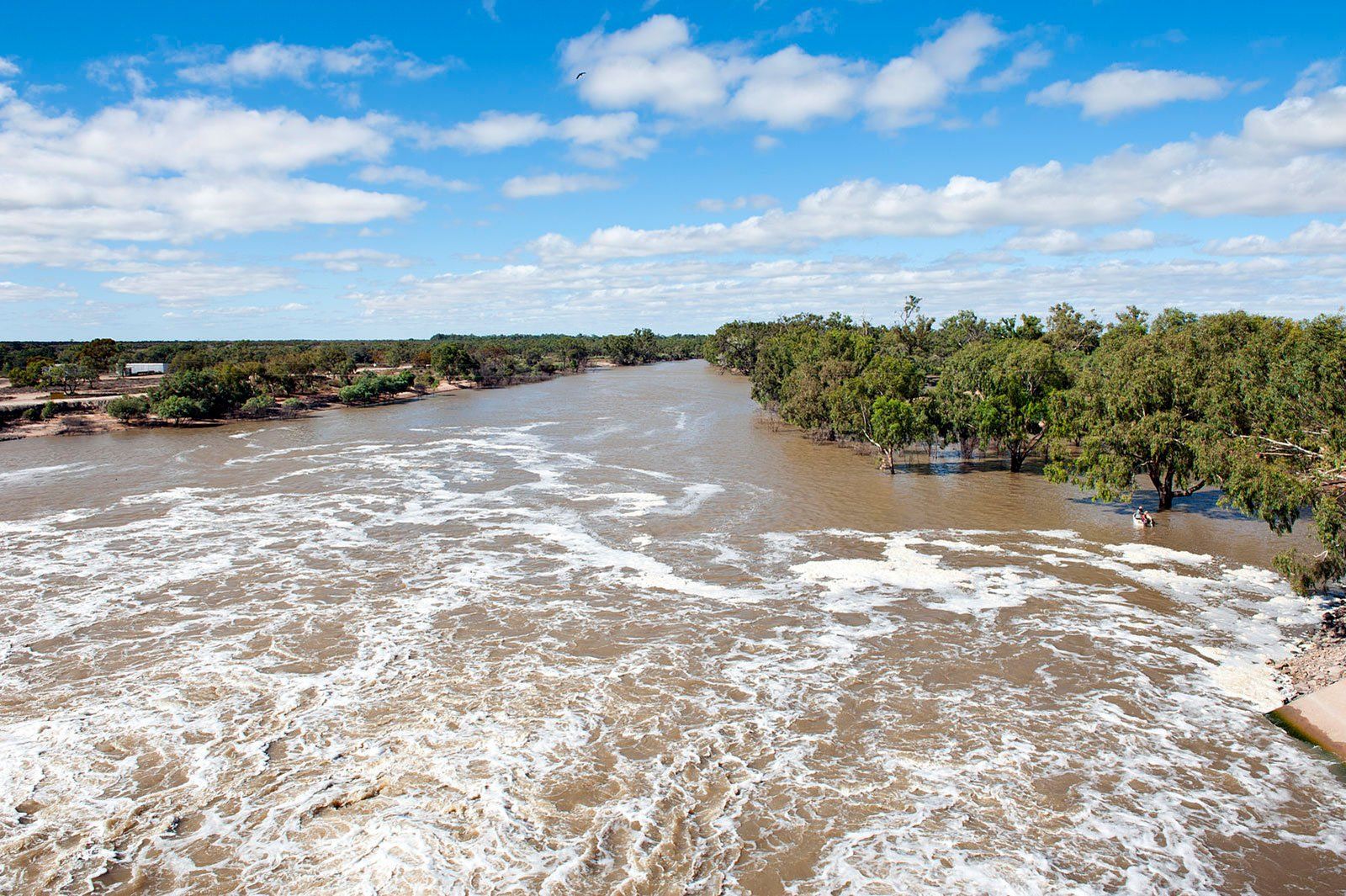1MG FlippingBooks
Review to determine cause of fish kill crisis
The Minister for Agriculture and Water Resources David Littleproud yesterday announced news of an independent assessment into the fish death crisis that has hit Western NSW in the last couple of months.
The panel aims to identify the cause of the fish deaths and make recommendations to avoid future deaths within the parameters of the historic Murray-Darling Basin Plan and Murray-Darling Basin Agreement.
This crisis, which has seen the deaths of up to a million fish along the Darling River in Menindee, has been met with uproar from locals and government officials alike, with ongoing disputes about the cause of the deaths.
Despite considerable conjecture in the media, the federal Department of Environment and Energy has denied that the deaths are related to water mismanagement. As reported by the ABC , the department claims the crippling drought conditions in the area – which sparked an outbreak of toxic blue-green algae that suffocates fish – is to blame.
The NSW government has also come under criticism from some quarters for its role in the disaster, though NSW Minister for Primary Industries Niall Blair said the only solution to the crisis is rain.
“We really need significant rain to generate replenishment flows otherwise these impacts will persist and possibly increase throughout summer,” said Minister Blair. “You can’t dismiss the impact of drought when in the last six months, we have had 30 gigalitres of water flow in the Northern System, while in an average year we would expect 4,000 gigalitres. The numbers speak for themselves.”
New research by the Australia Institute has only served to exacerbate the pressure on both the state and federal governments.
Maryanne Slattery, Senior Water Researcher at The Australia Institute, said that the reason for the fish kill was the mismanagement of the Menindee Lakes in southwest New South Wales.
“It is clear what has caused the Darling River fish kill – mismanagement and repeated policy failure,” said Ms Slattery. “To blame the fish kill on the drought is a cop-out, it is because water releases were made from the lakes when this simply shouldn’t have happened.
“It’s time to stop passing the buck. The Prime Minister blames the drought, the NSW Water Minister blames the Commonwealth, upstream blames downstream, and downstream blames upstream.”
In response, Minister Littleproud said the independent panel will obtain advice from NSW Department of Fisheries scientists and other experts in native freshwater fish ecology, water management and water quality.
Leading the independent panel will be the University of Melbourne’s Prof Rob Vertessy, who is also Chair of the Murray Darling Basin Authority’s independent Advisory Committee on Social, Economic and Environmental Sciences (ACEESS).
The first round of draft reports for the review is due by February 20, with final findings to be handed down the following month.















